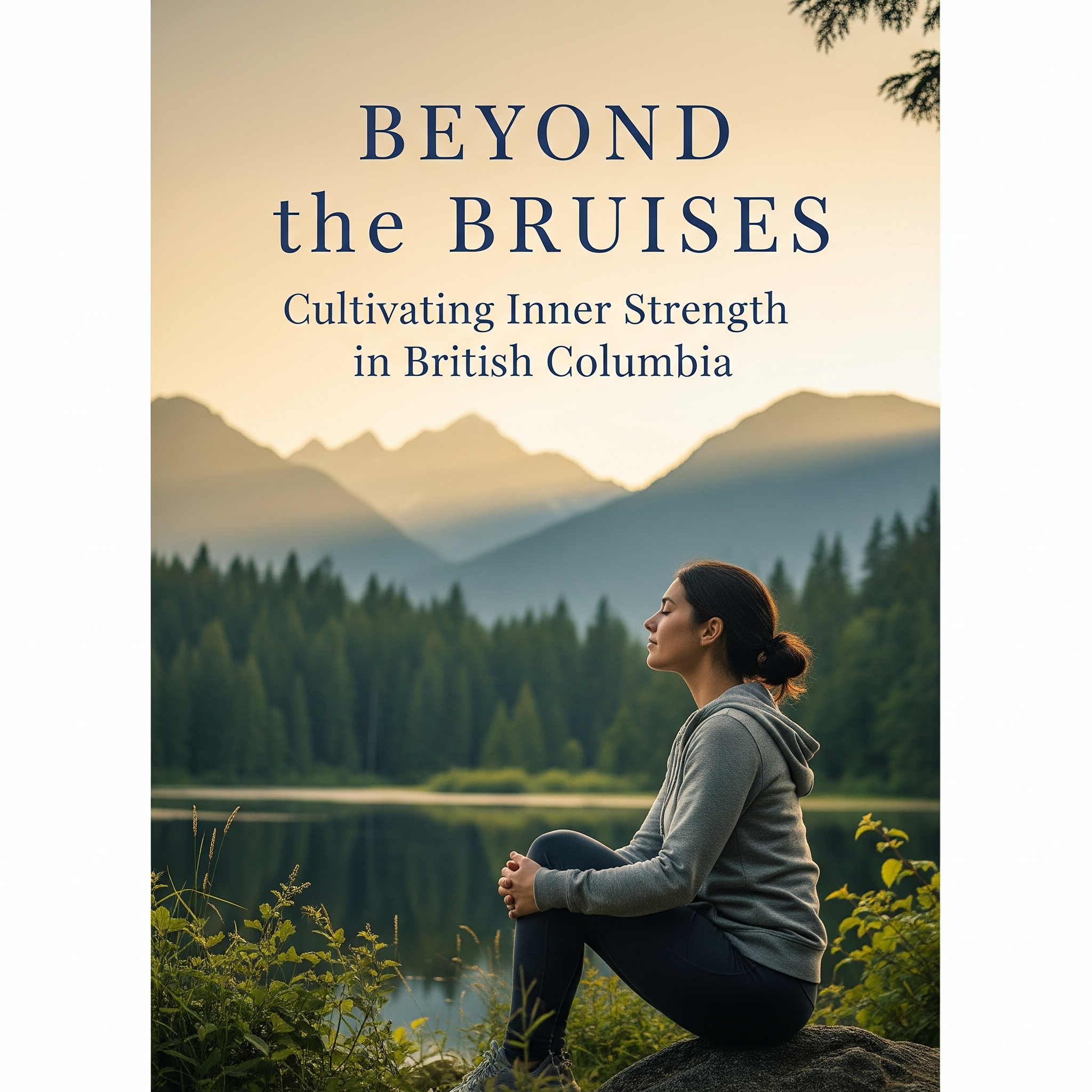Beyond the Bruises: Cultivating Inner Strength in BC
This post explores how survivors in British Columbia can cultivate inner strength and resilience after abuse. It highlights resources for trauma-informed counselling, mindfulness, nature therapy, peer support, and skill-building programs to help you heal.

Beyond the Bruises: Cultivating Inner Strength in British Columbia
The physical and emotional scars of abuse can linger long after the immediate danger has passed. True healing, however, extends beyond the bruises, focusing on the profound inner strength that resides within every survivor. In British Columbia, a network of trauma‑informed resources and community initiatives supports survivors on their journey to self‑compassion, resilience, and empowerment.
Understanding Inner Strength
Inner strength is not about stoicism or suppressing emotions. It involves:
- Self‑compassion: Acknowledging pain without judgment and treating yourself with kindness. Many counsellors in BC integrate self‑compassion practices into trauma recovery.
- Resilience building: Developing coping strategies—mindfulness, healthy boundaries, and stress management—to bounce back from setbacks.
- Reconnecting with self: Rediscovering passions, values, and identity outside the abuse, often through community programs and personal development workshops.
Pathways to Cultivating Strength in BC
Trauma‑Informed Counselling
- Seek therapists trained in trauma‑informed care who prioritize empowerment and safety.
- Many victim service agencies and community health centres across BC offer sliding‑scale or free counselling programs.
Mindfulness and Wellness Programs
- Join yoga, meditation, or tai chi classes at local community centres or wellness studios to ground body and mind.
- Explore programs like Mindfulness-Based Stress Reduction (MBSR) offered by hospitals and nonprofit organizations.
Nature as a Healer
- Spend time in BC’s parks, forests, and coastal areas—the restorative power of nature can foster calm and perspective.
- Participate in guided forest‑bathing (shinrin‑yoku) walks or nature therapy groups offered by environmental and mental‑health nonprofits.
Peer Support Networks
- Connect with fellow survivors through groups facilitated by BC Society of Transition Houses and local community organizations.
- Attend peer‑led workshops and share experiences in safe, confidential settings to build solidarity and mutual encouragement.
Skill‑Building Workshops
- Enroll in programs teaching financial literacy, job readiness, or creative arts to boost confidence and independence.
- Check local libraries and community colleges for free or low‑cost personal development courses.
Empowerment Through Connection
You do not have to walk this journey alone. BC offers 24/7 support:
- VictimLink BC (1‑800‑563‑0808): A confidential helpline providing information, emotional support, and referrals across the province.
- Women’s centres and settlement agencies: Local hubs offering advocacy, group programs, and resource navigation.
Taking the First Step
- Call VictimLink BC to talk with a trained advocate and get connected to counselling, legal help, or emergency shelter.
- Visit a community centre or victims service agency to learn about local support options.
- Explore online directories such as the BC Resource Navigator for tailored referrals by region and need.
Conclusion
Cultivating inner strength is an ongoing process of self‑compassion, resilience, and reconnection. With British Columbia’s wealth of trauma‑informed counsellors, wellness programs, peer networks, and nature‑based therapies, survivors have abundant support to rebuild spirit and thrive. By taking that first courageous step, you honor your resilience and move beyond the bruises toward a future defined by strength, purpose, and hope.
